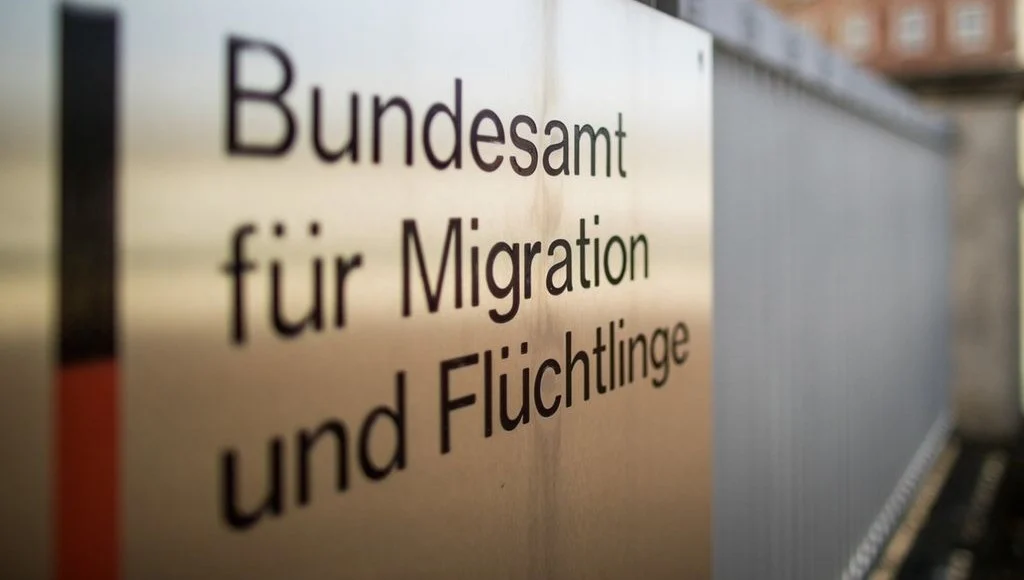
Crackdown on Press: Pakistani Journalist Farhan Mallick Detained, News Site Blocked
March 21, 2025
Mozambican Journalist’s Disappearance Raises Alarms Over Press Freedom
March 21, 2025March 21, 2025 – Germany/Turkey –
Germany is under increasing scrutiny for its growing number of deportations to Turkey, particularly of individuals linked—often loosely—to the Gülen movement. The number of deportations from Germany to Turkey has more than doubled in recent months, with migration figures reaching record highs. This surge has sparked concern among human rights advocates, who warn that deportees are at serious risk of imprisonment, torture, and unfair trials once returned to Turkey.
One such case is that of a Turkish asylum seeker who was forcibly returned from Germany and immediately arrested upon arrival in Turkey. The individual, accused of being affiliated with the Gülen movement—a group the Turkish government designates as a terrorist organization—had been seeking refuge in Germany due to fears of persecution. His deportation and subsequent imprisonment have become a stark example of the dangers awaiting those sent back.
Human rights organizations argue that many of those deported were not involved in any criminal activity but are victims of President Recep Tayyip Erdoğan’s widespread post-coup purge. Since the failed coup attempt in 2016, Turkey has arrested tens of thousands of people accused of Gülen links, including journalists, academics, teachers, and civil servants. The crackdown has also extended to citizens living abroad, with reports of intelligence operations targeting Turkish dissidents overseas.
Critics say Germany’s increased deportations reflect a troubling shift in policy, possibly aimed at appeasing Turkey amid broader EU-Turkey negotiations on migration and trade. Many deportees had pending asylum claims or appeals, and in some cases, were allegedly removed without due process or adequate legal review.
The Turkish government continues to use terrorism charges broadly and often without concrete evidence, leading to prolonged detentions and severe penalties. The risk is particularly high for returnees who had publicly criticized the government or worked in opposition media or education institutions shut down after the coup.
The growing trend of deportations raises urgent ethical and legal questions about Germany’s obligations under international law, especially the principle of non-refoulement, which prohibits returning individuals to countries where they face serious threats to life or freedom.
Reference –
Deportations from Germany to Turkey double as migration hits record high
https://www.institude.org/news-bulletins/weekly-news-bulletin-on-turkey-24-march-2025




